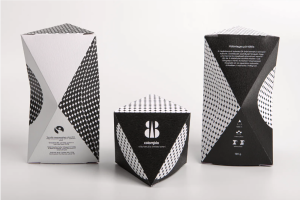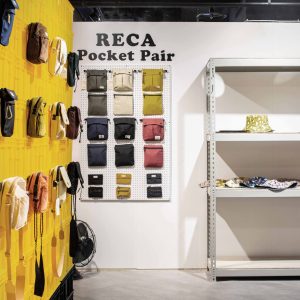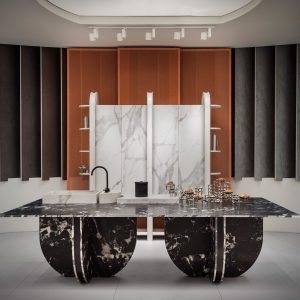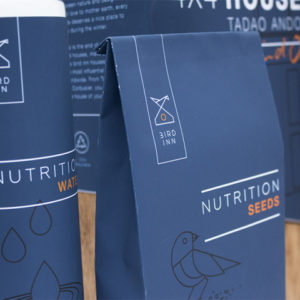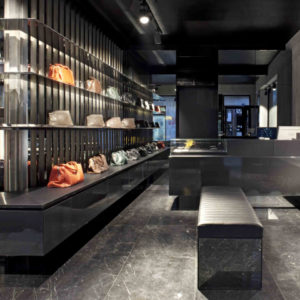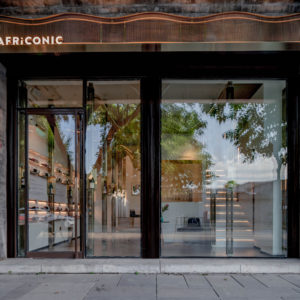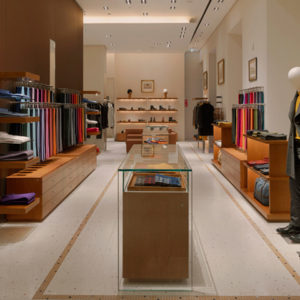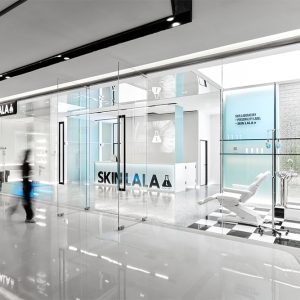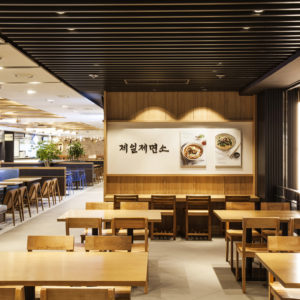
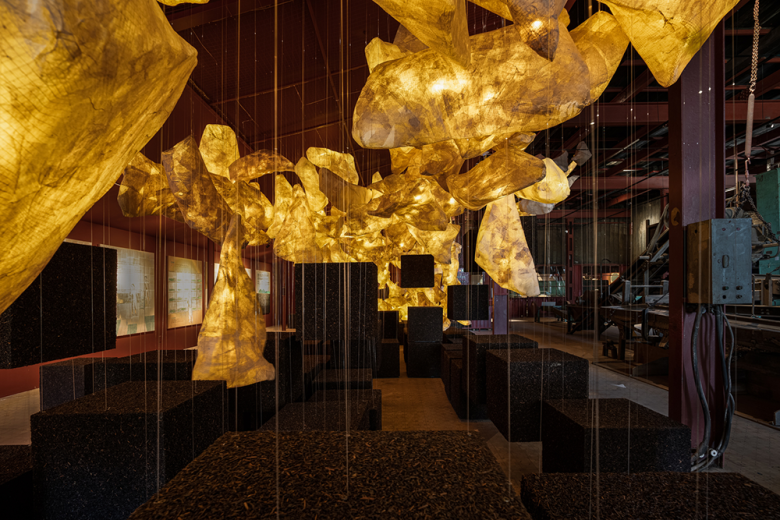
Built in 1929 by French, and located in Xuân Trường Town, Đà Lạt City of Lâm Đồng Province, 1.2 hectares, Cầu Đất Tea Department was the first place has a large tea factory in south-east Asia. Now it’s transformed into Tea Museum and offers a variety of facilities for tea, as well as a new destination for Vietnamese youth. This includes tea hills, opening up for a tea manufactory with a tea culture exhibition, art installation spaces, and a cafe bistro for visitors.
The old factory has four buildings. The appearance of these historic buildings does not only transmit a certain esthetic value, but also a particular meaning. They are a visible bond to our past. And they tell their stories that anyone can experience by going inside. People can think of themselves as being part of a longer history. This way, old buildings can create a feeling of belonging. In other words, their structures keep community memories alive.
Therefore, the architects have taken the oldest building of them all – the main ancient manufacturing warehouse – and transformed it into a vibrant cultural hub for visitors and those who want to research Vietnam’s tea culture. Before the renovation, the building resembled a factory typical. This type of abandoned industrial building, made from pine wood boards and corrugated steel panels, is often perceived as having little value. But the architects hope this project shows how these structures can be reused and renovated in a qualitative way and for a limited budget.
Although with the appearance of the uninteresting exterior and corrugated steel panels, this old factory often contains an impressive interior space of magnificent proportions based on a repetitive, neatly arranged structural system and the beautiful existence of some old manufactories (fully imported from Europe in 1931). This is the essential true value of the building – and the architects want to expose and highlight it to the outside world.
The architects’ approach was simply to remove the unsuitable walls in the building, return the original worths and rearrange the rooms for functions and exhibition spaces depending on the existing structure. This approach can regenerate abandoned industrial buildings and revitalize the building facing demolition. And it will continue to evolve with its users – both in the short term, as the tourism aiming, and the long term, when new programs of tea cultures are added.
The materials used are very simple, mostly refurbished steel, polycarbonate panels, local bricks and soil-cement mixture at the site. Even the artworks are made from tea leaves and painted by mixing earth with acrylic. The outside of the building is newly anti-rust painted skin, intended to make it stand out from its neighbors. Besides, this color will serve as a giant canvas for 3D mapping projects in the future.
The preservation of the original structure and the reuse and upcycling of materials made it possible to carry out the refurbishment at a very low expense. It is an extremely economical conversion at around $200 per square meter, but incredible spiritual value. Since the opening, the factory has had about 300 new visitors each day, who will understand the local history and people as well as be captivated by the combination of the original fixtures and machines and artistic simulations and steps for making tea products. And if all this isn’t enough to get visitors contented, there is a tea bar with sommeliers who will brew all kinds of Cầu Đất Tea Products and guide them to make new tea drinks awaiting them at the end of their journey.
Architects: Bo Design & Construction
Team Leader: Dang Phuoc Tue
Architects: Le Thi Nhat, Nguyen Tuan Anh
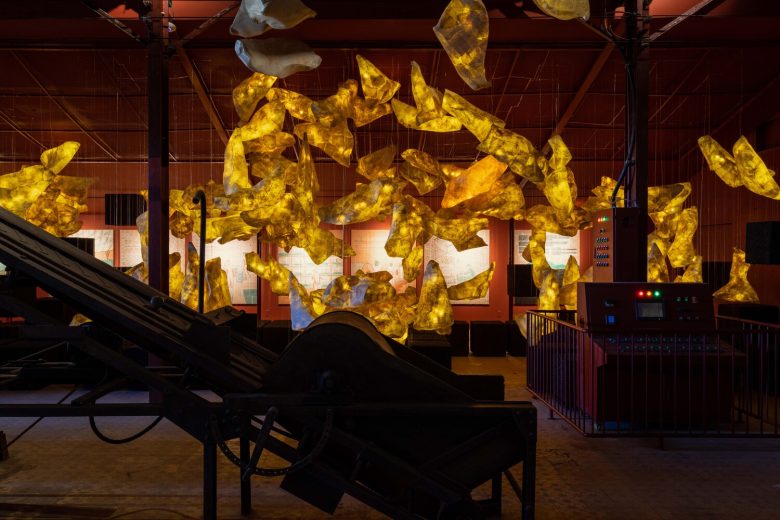
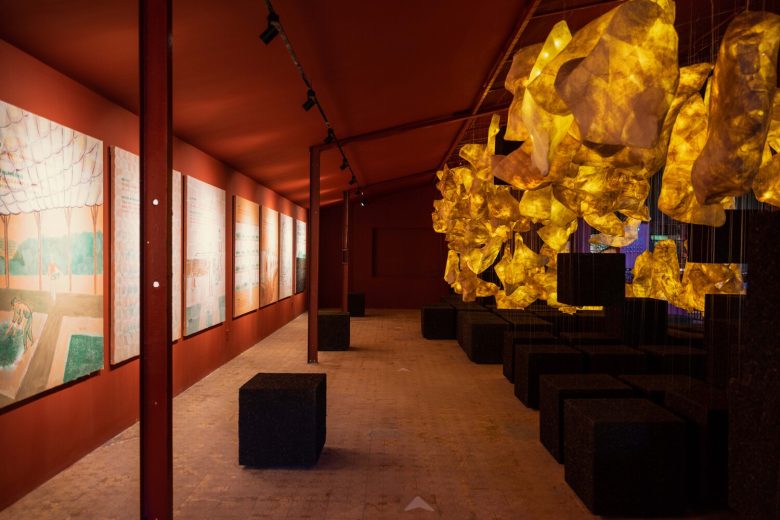
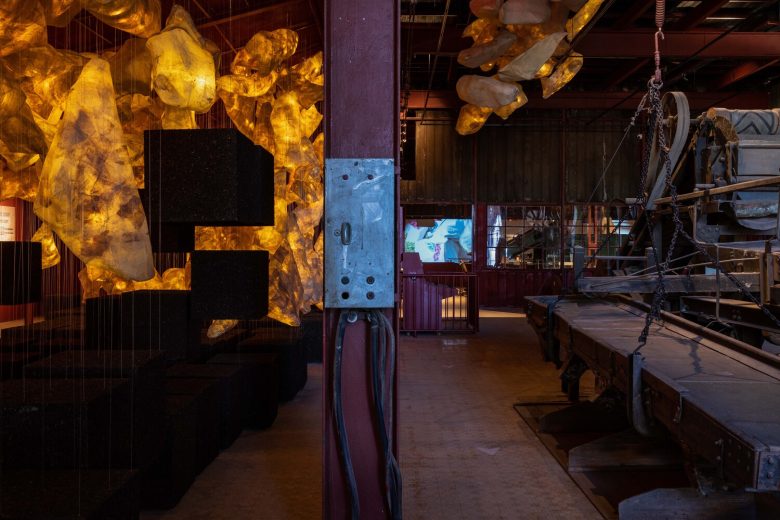


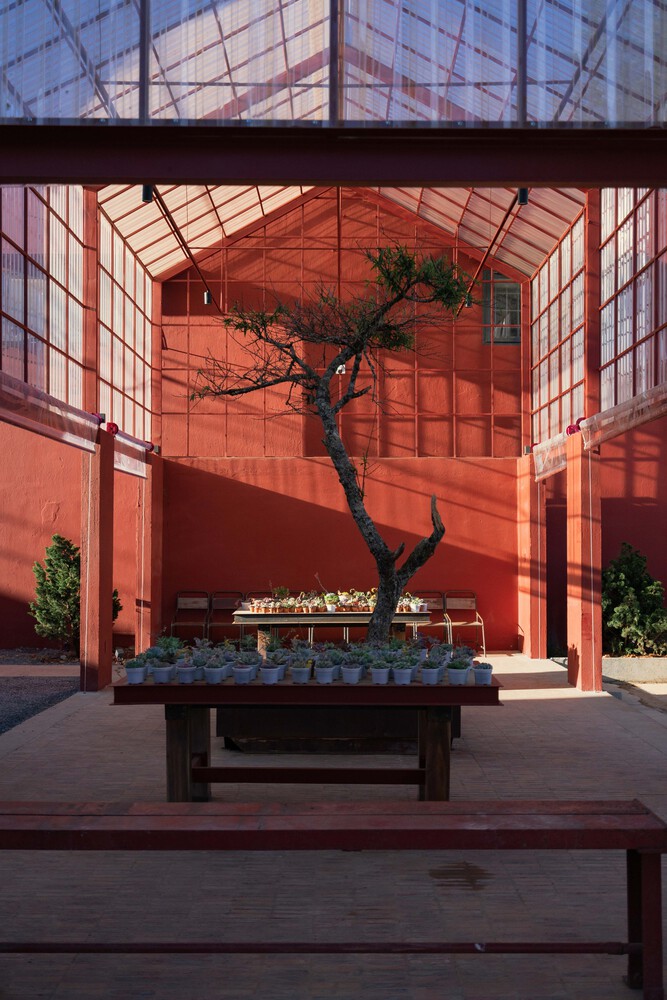

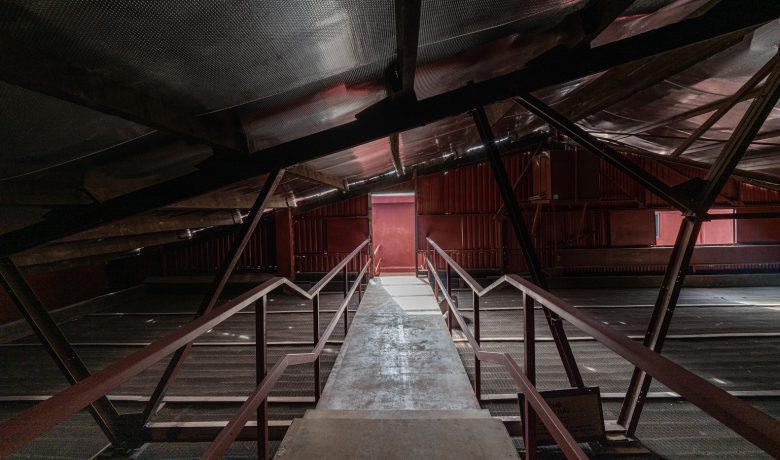

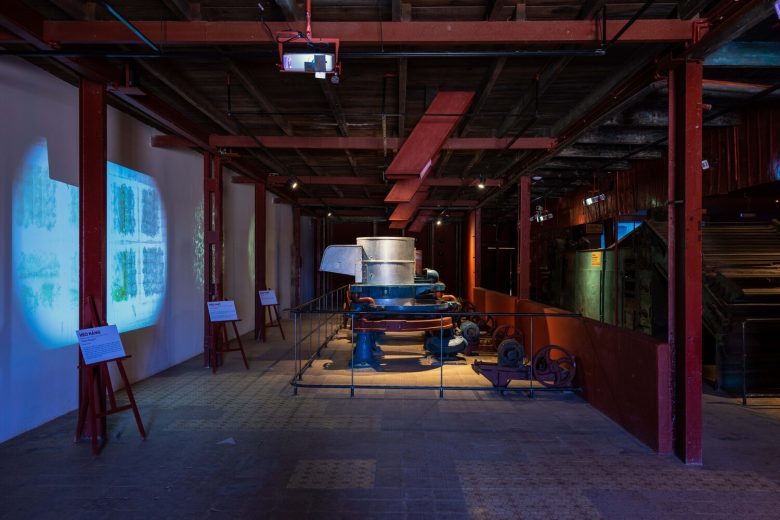
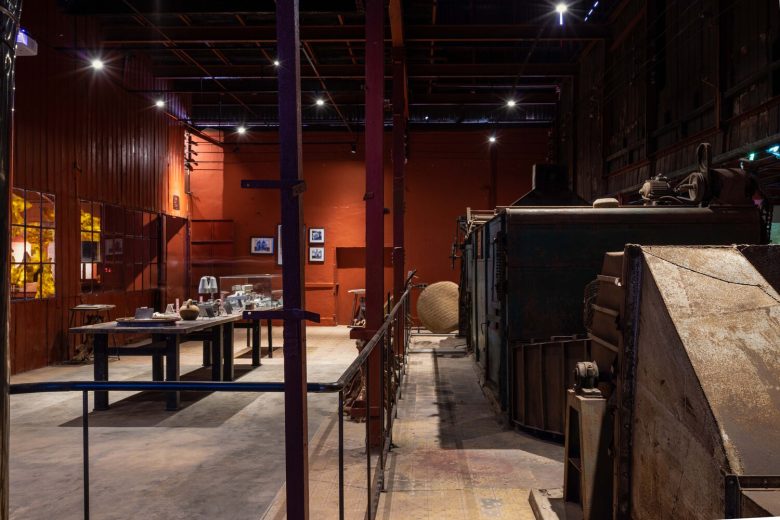
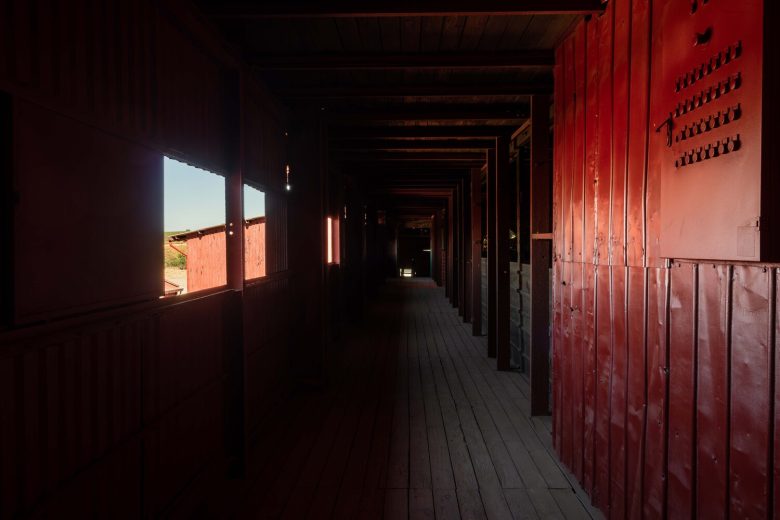
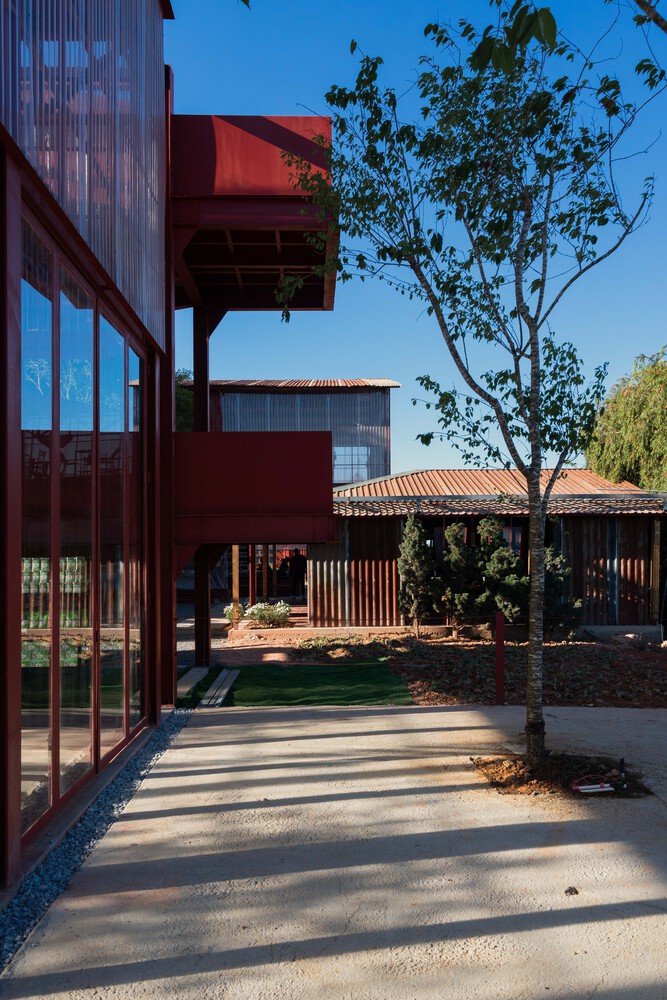
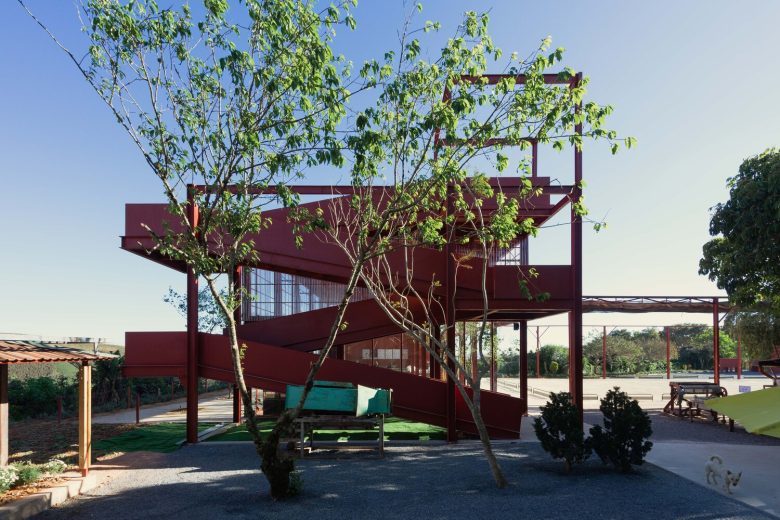
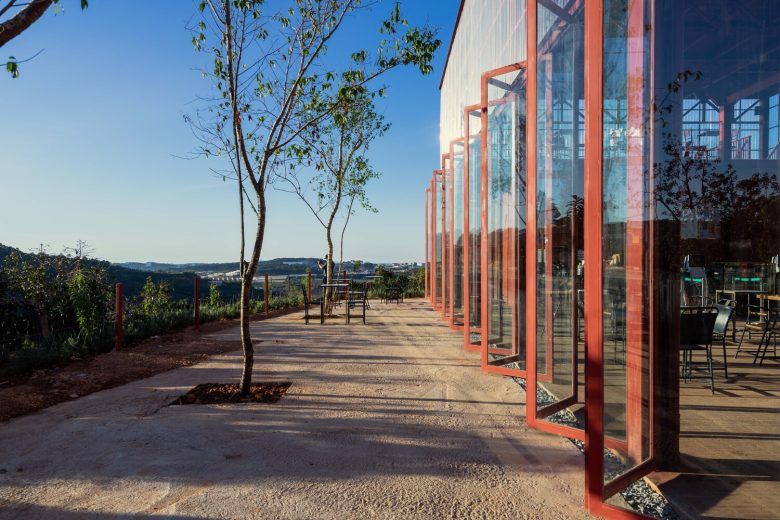
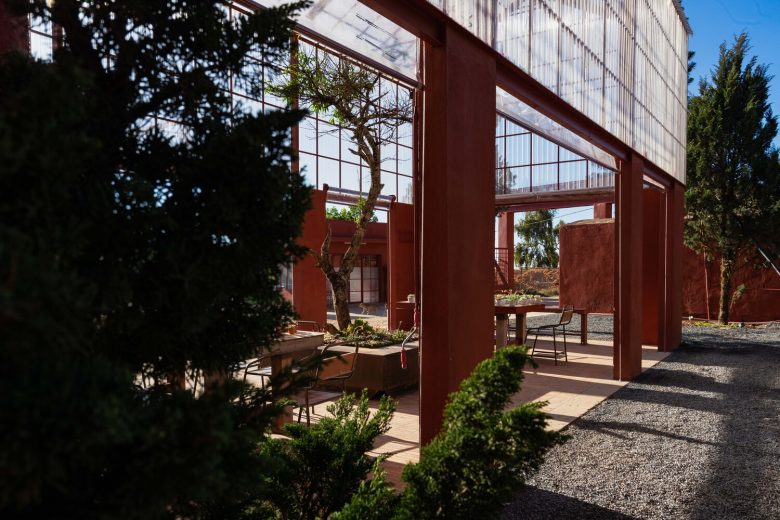
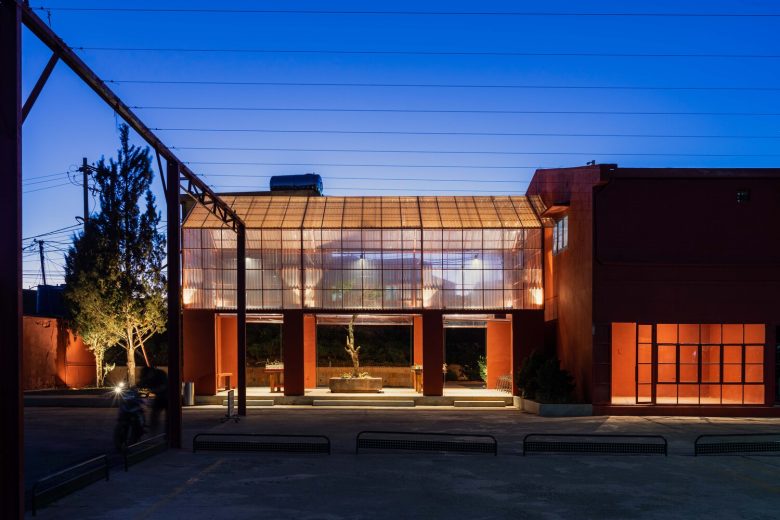
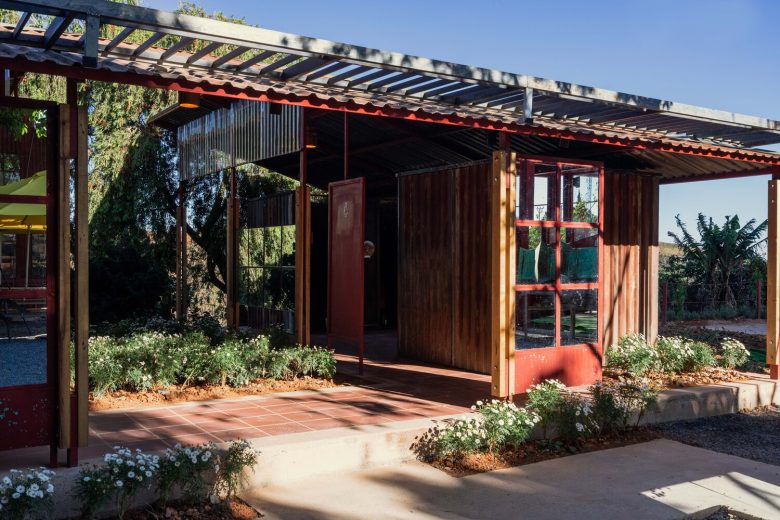
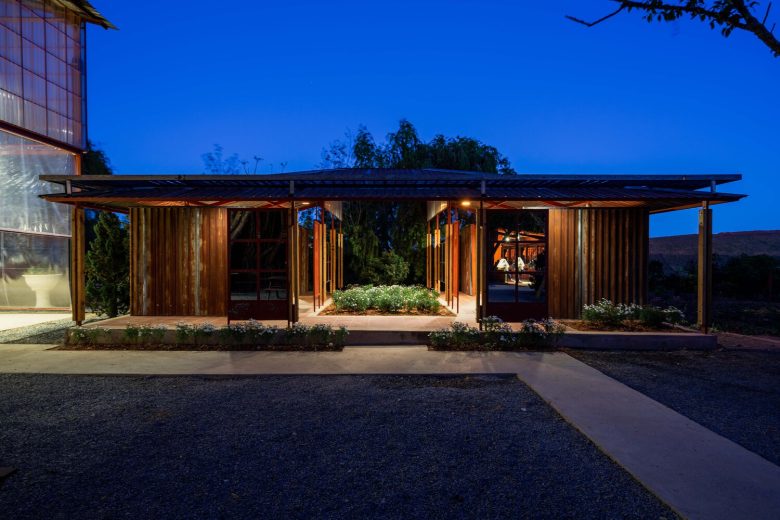
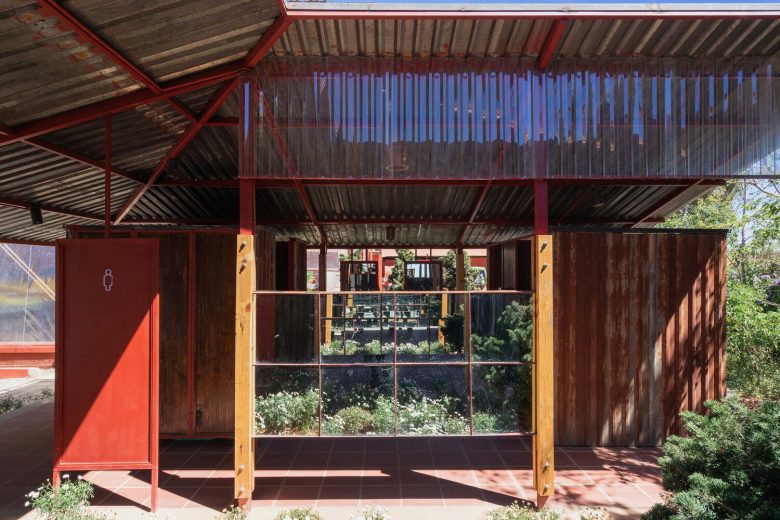
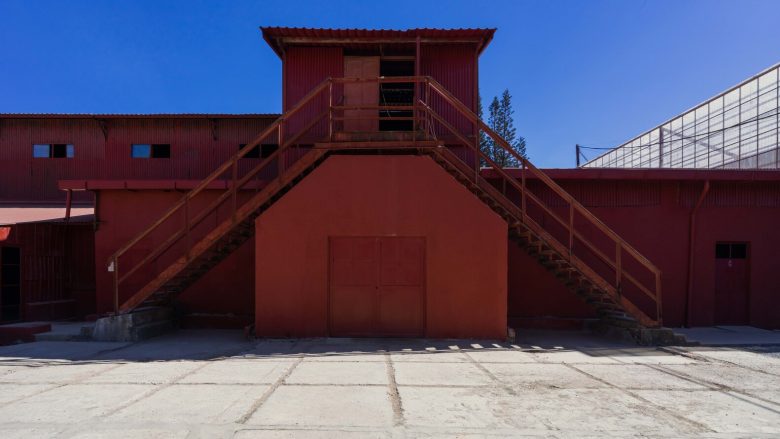
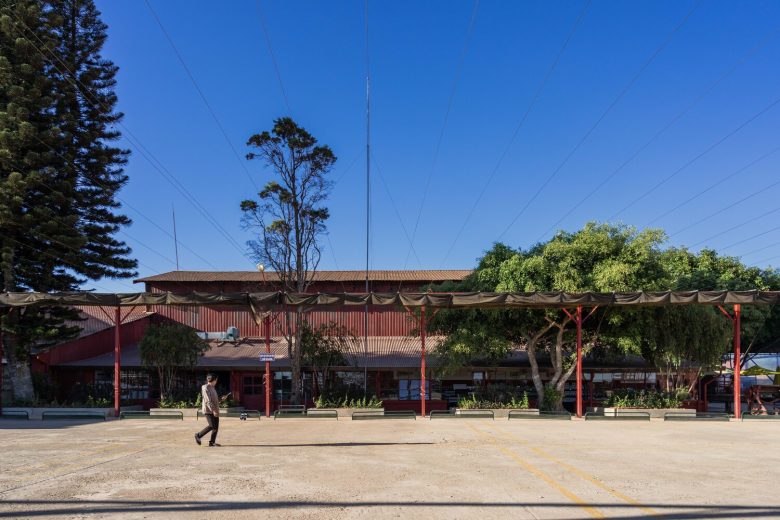
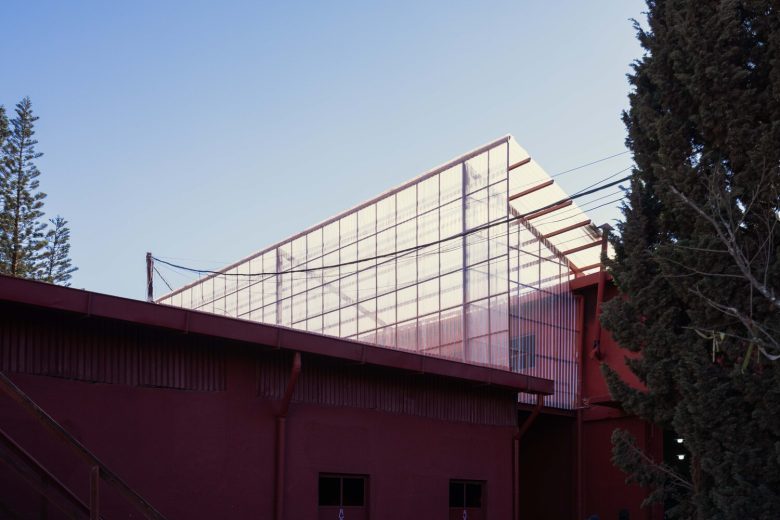
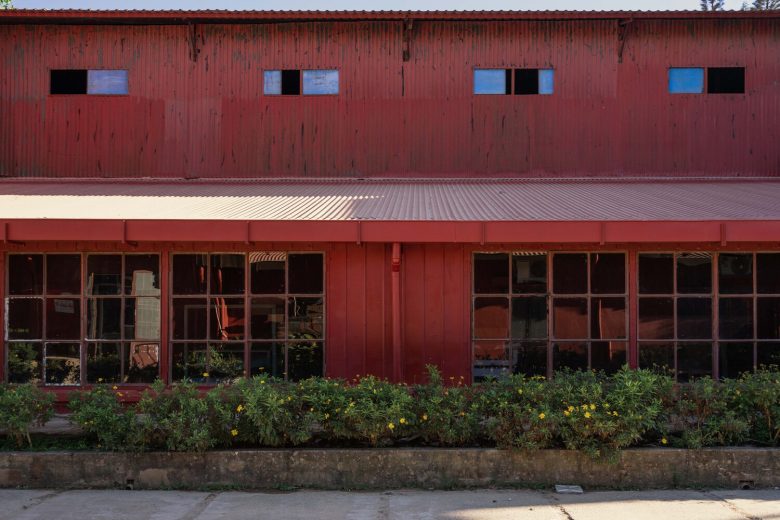

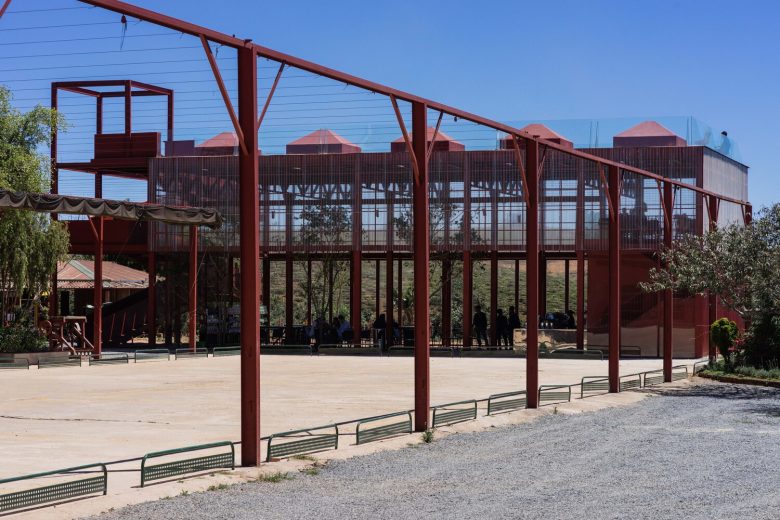
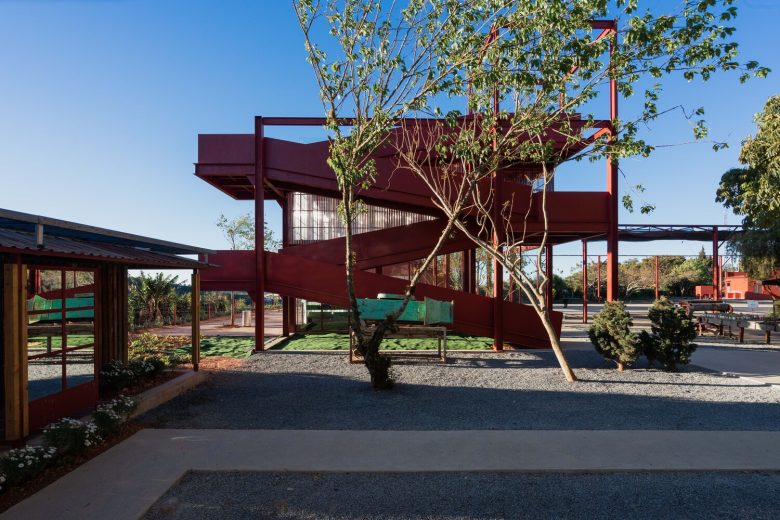
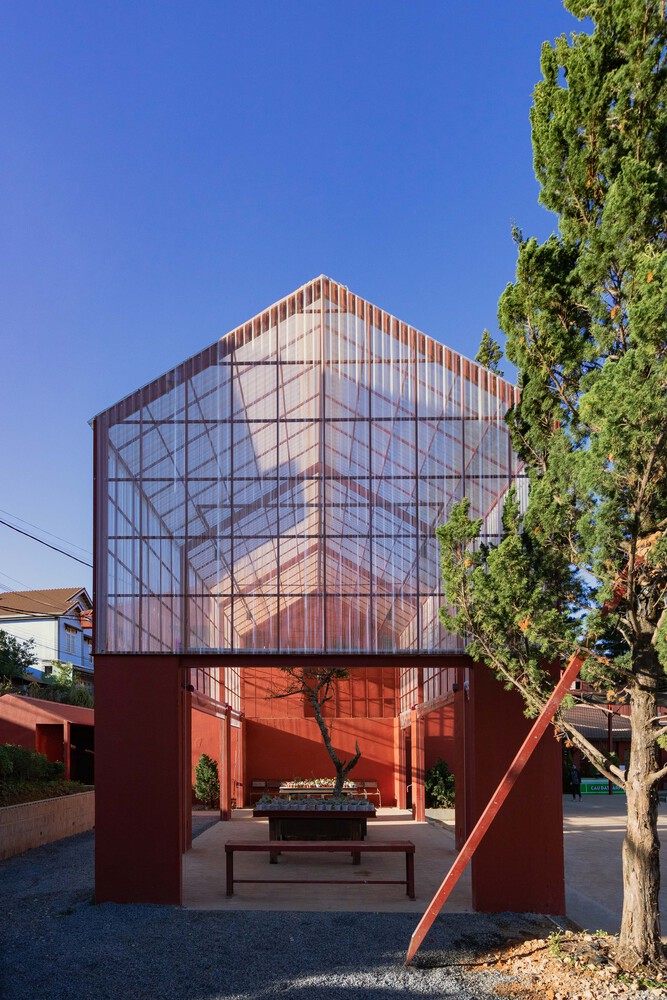
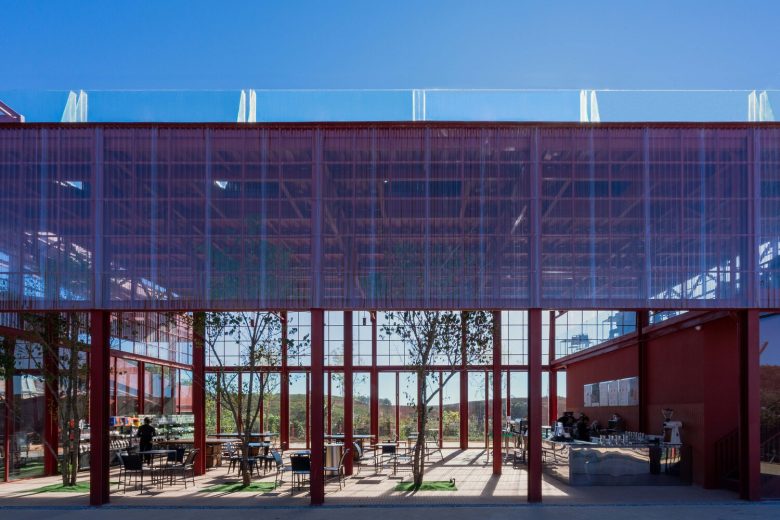
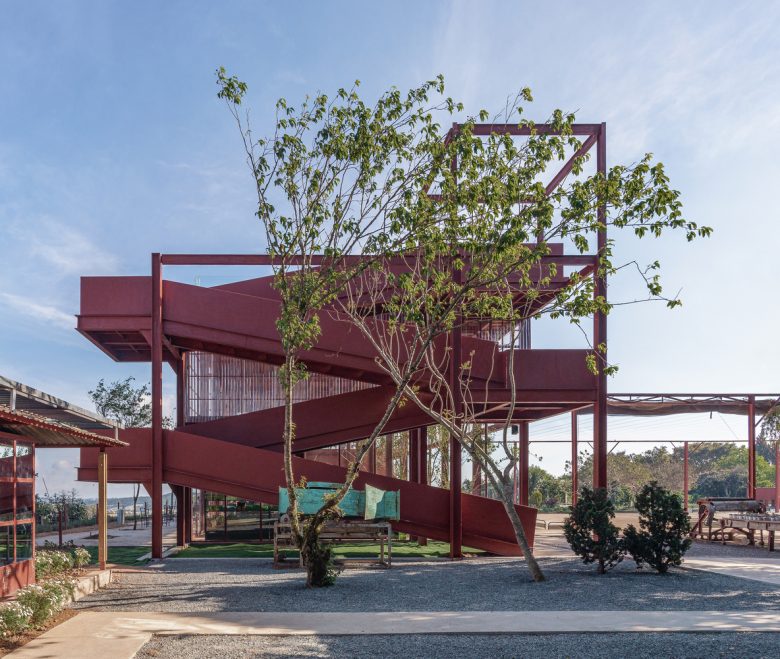
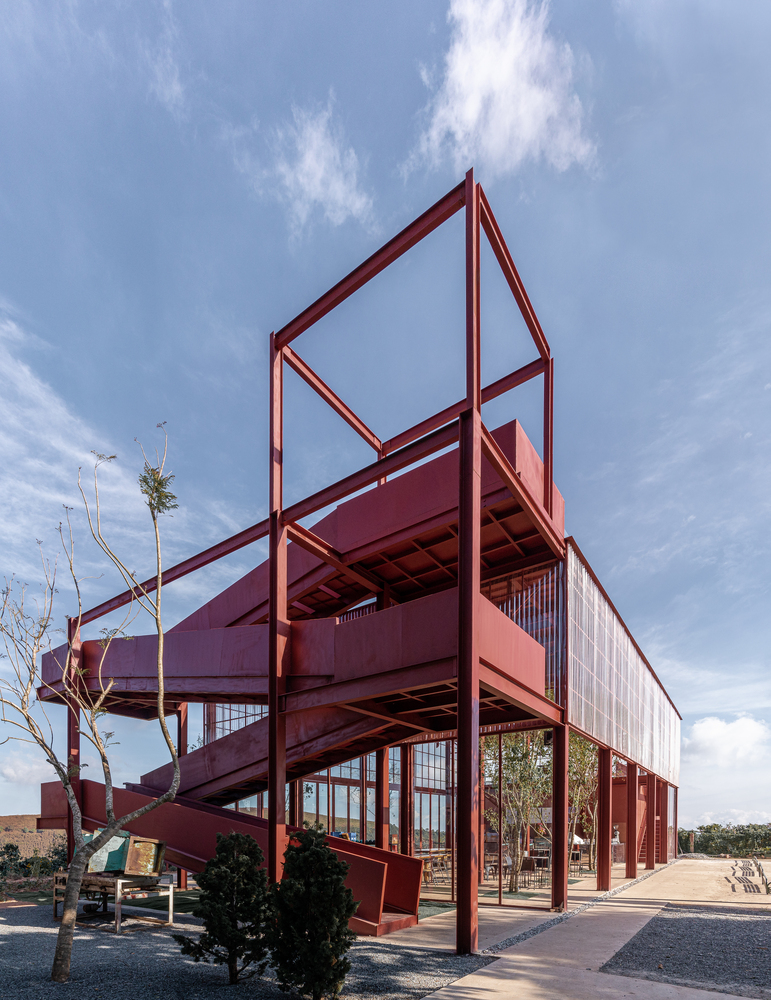

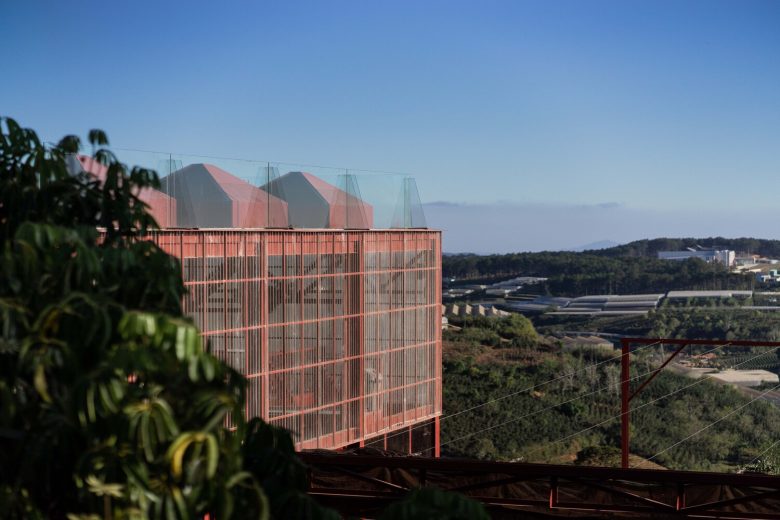
Add to collection

